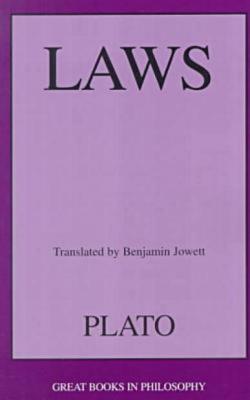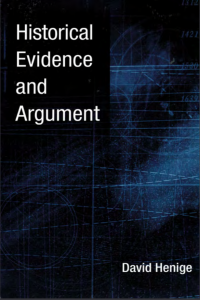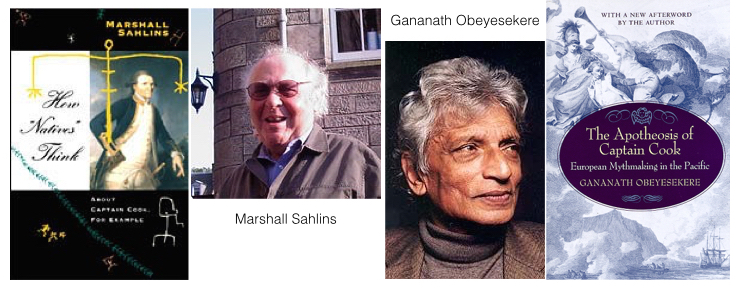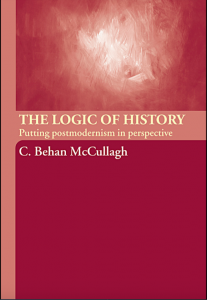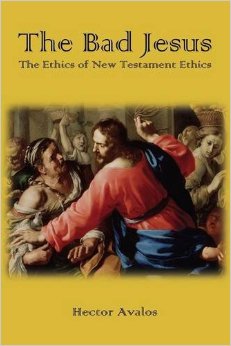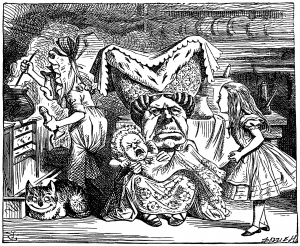In the last twenty four hours two remarkable posts have appeared arguing from a scholarly (as per New Testament scholarly) perspective that the historical sources we have for Jesus are about as abundant, rich and “in-your-face” as anything we might have for any other person in ancient times — let’s say, Julius Caesar.
But before I had a chance to position my fingers on my laptop’s keyboard an rss feed barges in to tell me Richard Carrier has already been approached for his view of one of these posts. So no thunder here. But I’m pleased I had the opportunity to catch up with the much more vital post on Otagosh (see previous post) instead.
The post to which Carrier responds is Darrell Bock’s Sources for Caesar and Jesus Compared. The other is by James Bishop, Introduction to Our Independent Sources for Jesus’ Life, and Why They Are Important, [link (https://jamesbishopblog.wordpress.com/2015/06/28/introduction-to-our-independent-sources-for-jesus-life-and-why-they-are-important/) no longer works – Neil Godfrey, 24th July 2019] on the Historical Jesus Studies blog. I am sure a number of Vridar readers can anticipate what I would say in response to each. (I’d like to find a way to making the fundamental arguments of logic and elementary historical methods and source analysis more widespread.)
Anyway, I do want to respond to both of these posts myself so have chosen not to read Carrier’s own remarks beforehand lest they spoil the flow of my own perspective. I still have more to write from the work of Henige, in particular in relation to historical sources, which should enrich my previous arguments.
Till then, let Carrier do Carrier. My little contribution will appear in good time.



